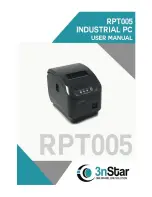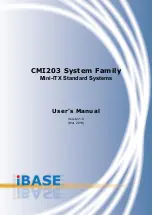
Lucent Technologies Lineage
®
2000 200A Ferroresonant Rectifier J85503B-2
5 - 16 Installation
Issue 8 January 1999
The BAT signal typically is the battery voltage.
2. Route the control cable from the external monitoring
system to the rectifier via the cable rack. See Figures 5-4
and 5-3 for the connection point and Table B of note 311
on SD-83281-01, which describes the function of each
signal.
3. Connect and enable load share, if required, as above.
The rectifier is now installed. The last three sections in this
chapter provide additional information and optional procedures
that may be needed at installation. If not, proceed to Section 6,
Testing.
DIP Switch
Settings
This section describes the DIP switch settings on circuit modules
in theJ85503B-2 rectifier. Figures 5-7 and 5-8 show the DIP
switch label inside the rectifier door .Figures 6-2, 6-3, 7-1, and
5-6 show CM1, CM2, CM3, and CM4, respectively. If the
settings on the rectifier do not meet the requirements of your
plant, change them according to this section and label.
208F Control
Board (CM2)
S1.1 through S1.5 and S1.8 ensure stable rectifier output voltage
for various Lucent rectifiers. For the J85503B-2, the switches
are factory set for operation with a battery. If the rectifier is
operated without a battery, change the settings indicated in the
options column of Figure 5-7.
S1.6 controls the time of the walk-in circuit and is factory set for
a walk-in time of about 10 seconds. Changing the factory setting
will eliminate the rectifier walk-in.
S1.9 enables load share. The factory setting is off (load share
disabled). This feature is available only on 48 volt rectifiers.
S2.1 through S2.8 configure the rectifier as either a 24-volt or a
48-volt rectifier. For the J85503B-2, S2.1 through S2.8 are
factory set and should not be changed.
















































